|
I am a Ph.D. candidate at KAUST Computational Imaging Group, working with Prof. Wolfgang Heidrich. My research focuses on end-to-end computational imaging and differentiable optical design. I aim to bridge the sim2real gap and explore the next generation imaging/sensing systems. My representative work published in Nature Communications enables automated lens design with differentiable optimization. I maintain an open-source camera simulator DeepLens for end-to-end differentiable simulation and optimization of imaging systems, including optics, sensor, and computer vision. |
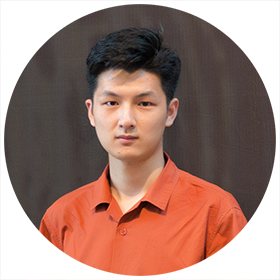
|
|
|
|
|
|
First author papers: |
|
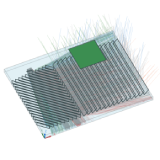 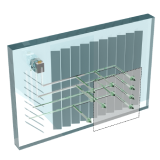
|
Xinge Yang, Zhaocheng Liu, Zhaoyu Nie, Qingyuan Fan, Jim Bonar, Wolfgang Heidrich arXiv preprint 2026. Paper (arXiv)
|
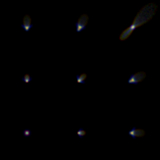 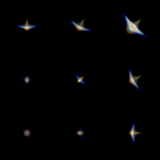
|
Xinge Yang, Qiang Fu, Yunfeng Nie, Wolfgang Heidrich Optics Express 2026. Paper (arXiv) / Paper (PDF) / Supp (PDF)
|
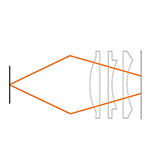 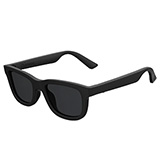
|
Xinge Yang, Chuong Nguyen, Wenbin Wang, Kaizhang Kang, Wolfgang Heidrich, Ginger Li ICCV Workshop 2025. Paper (CVF) / Paper (PDF) / Supp (PDF)
|
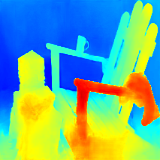 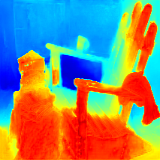
|
Xinge Yang, Qiang Fu, Mohamed Elhoseiny, Wolfgang Heidrich TPAMI 2025. Paper (IEEE) / Paper (PDF) / Supp (PDF) / Project page / Code
|
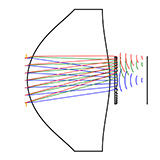 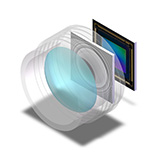
|
Xinge Yang, Matheus Souza, Kunyi Wang, Praneeth Chakravarthula, Qiang Fu, Wolfgang Heidrich Siggraph Asia 2024. Paper (ACM) / Paper (PDF) / Supp (PDF)
|
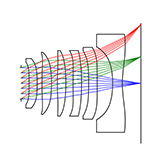 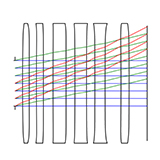
|
Xinge Yang, Qiang Fu, Wolfgang Heidrich Nature Communications 2024. Paper (Nature) / Paper (PDF) / Supp (PDF) / Code / Video
|
|
Co-author papers: |
|
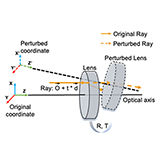
|
Jun Dai, Liqun Chen, Xinge Yang, Yuyao Hu, Jinwei Gu, Tianfan Xue arXiv preprint 2025. Paper (arXiv) / Project page
|

|
Mulun Na, Hector Jimenez-Romero, Xinge Yang, Jonathan Klein, Dominik L. Michels, Wolfgang Heidrich Siggraph Asia 2024. Paper (PDF) / Project page
|
|
|
|